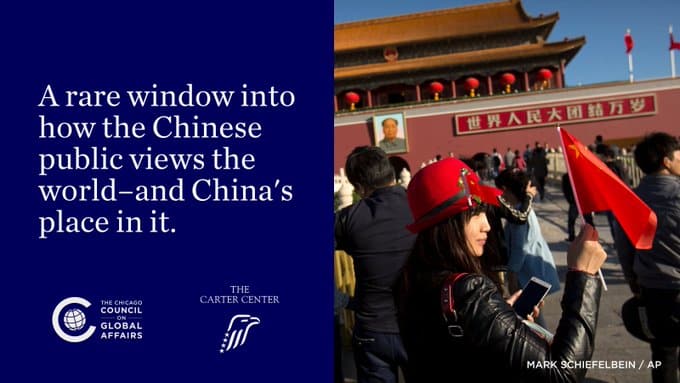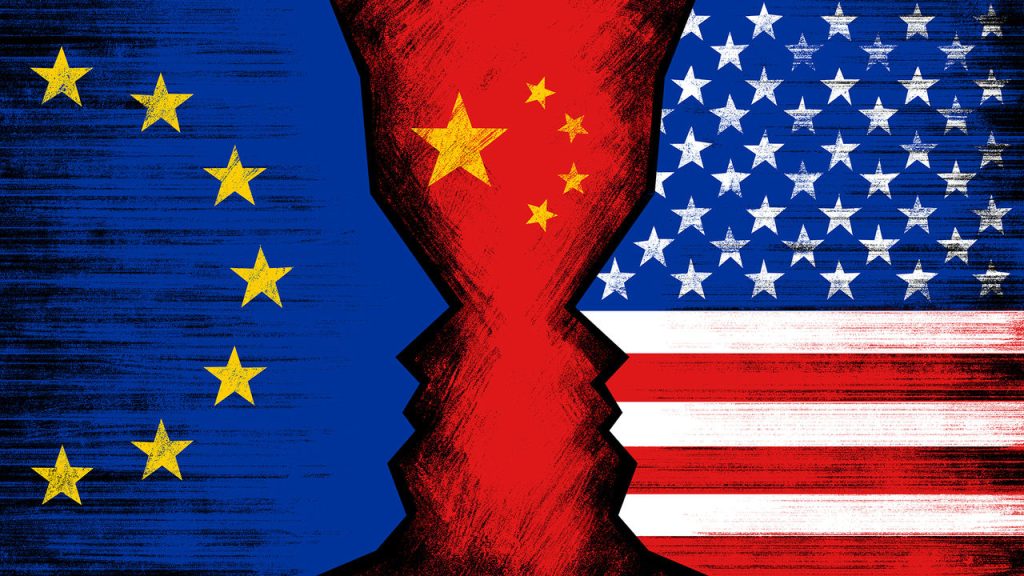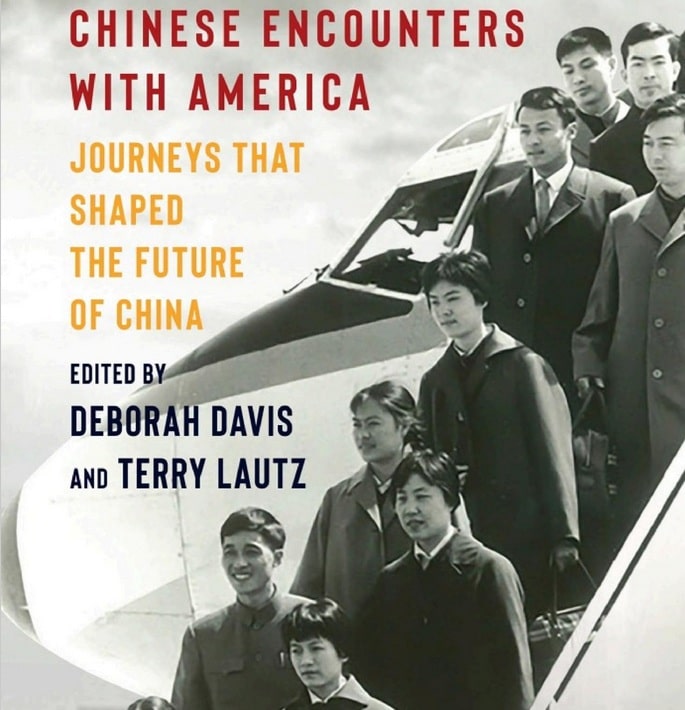Interview: Australian Expert Says Joining U.S. in South China Sea will Stoke Tensions
Undertaking freedom of navigation exercises at the United States’ beck and call would send a terrible signal to Australia’s closest trading partner that the operations are a plan of containment and not a matter of international law, an Australian expert has told Xinhua.
China, Vietnam, Malaysia, Brunei and the Philippines all hold competing claims over parts of the South China Sea, which are believed to hold vast oil and gas reserves and encompass a major commercial shipping route moving more than five trillion U.S. dollars in annual trade.
However, Dr Euan Graham, Director of the Lowy Institute for International Policy’s International Security program, told Xinhua that the emphasis by commentators on commercial trade distorts the much broader debate.
“If you like, a philosophic contest between whether the sea is an extension of territory and land or whether it’s actually a maritime commons from which we all benefit.”
“Commercial trade has not been harassed in the South China Sea,” Graham said.
While it was important, from an international law standpoint, for the United States to challenge China’s prior notification requirement for all military transit within the established Exclusive Economic Zone (EEZ), the latest exercise, USS Curtis Wilbur on Jan. 30, avoided direct provocation, Graham said.
“We didn’t see any incidents of any kind of collisions or frictions on the sea, so from that point of view, I think it’s made the point without raising the security temperature unnecessarily,” Graham said.
Graham argues the innocent passage operations in the South China Sea, particularly near the Nansha islands, are not designed to counter China’s sovereignty, but instead challenge excessive claims and zones on the features that are legally not entitled to a territorial sea.
“It’s not about the old western, European nations ganging up on China,” Graham said.
“International law does allow military vessels to go and exercise innocent passage within (a country’s) territorial sea and that high seas freedoms apply outside that area in the economic zone and the high seas,” Graham said, adding that it’s a point of international law that’s worth defending by all sides.
“The longer China’s economy becomes dependent on the sea… the Chinese people and also the government will develop their own mindset and recognise this is a collective interest that’s worth defending at the global level.”
However if Australia follows the United States’ lead and be directly involved in a “freedom of navigation” exercise following increased rhetoric by opposition lawmakers, it may inflame tensions, Graham said.
Opposition defense spokesman Stephen Conroy recently criticized the Turnbull government for being “long on rhetoric and short on substance” in defense of the U.S. moves in a opinion piece published by The Australia. Conroy advocated for a highly visible freedom of navigation operation in the South China Sea by Australia’s navy.
“If Australia does do something in the South China Sea, it should do so independently and not be seen as an ally following the beck and call of the master in Washington,” Graham said.
“That would send the worst signal to all, including China, that this is somehow a containment (measure) by the U.S. and its allies.”
Feb. 09, 2016 on XinhuaNet
Read more here








